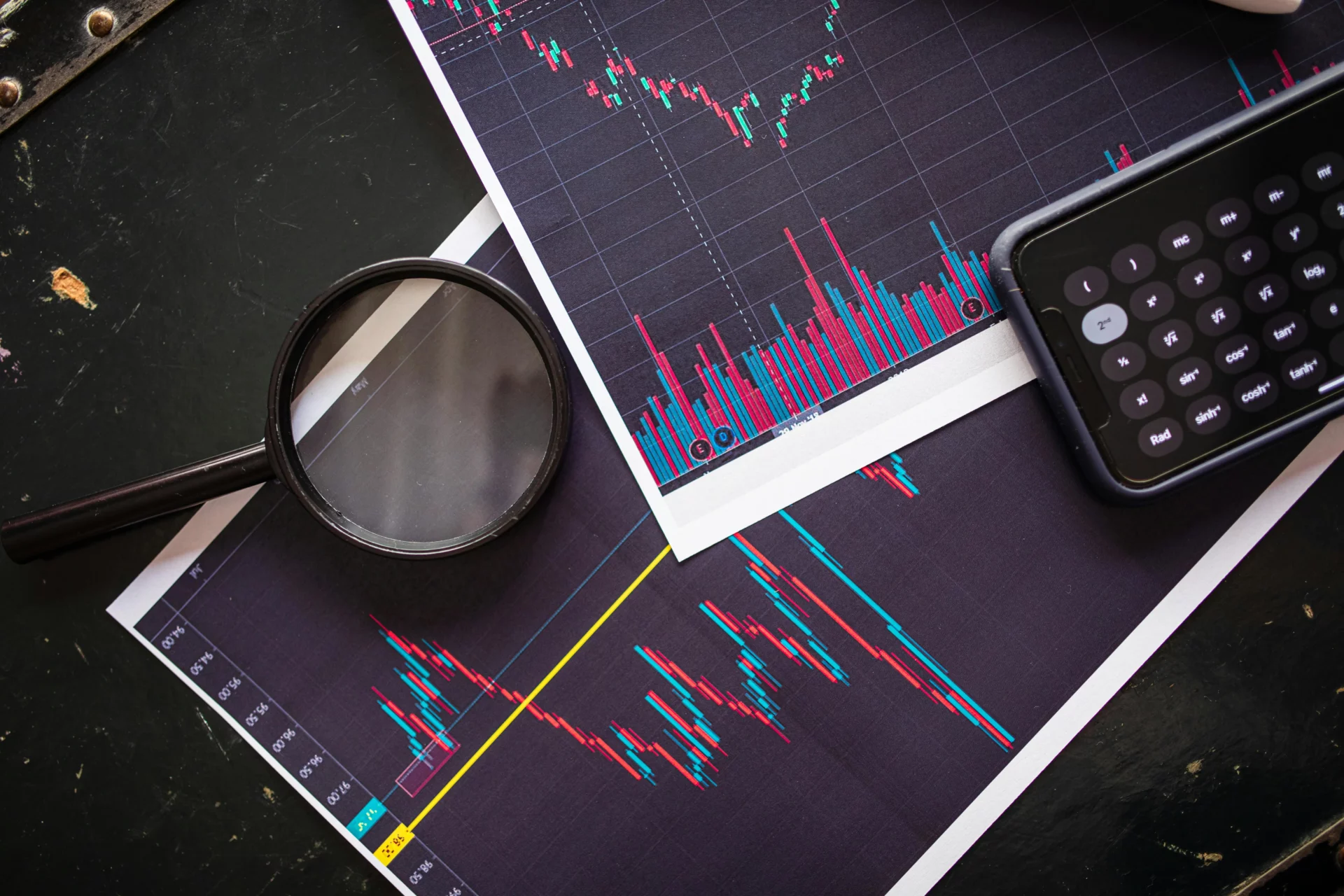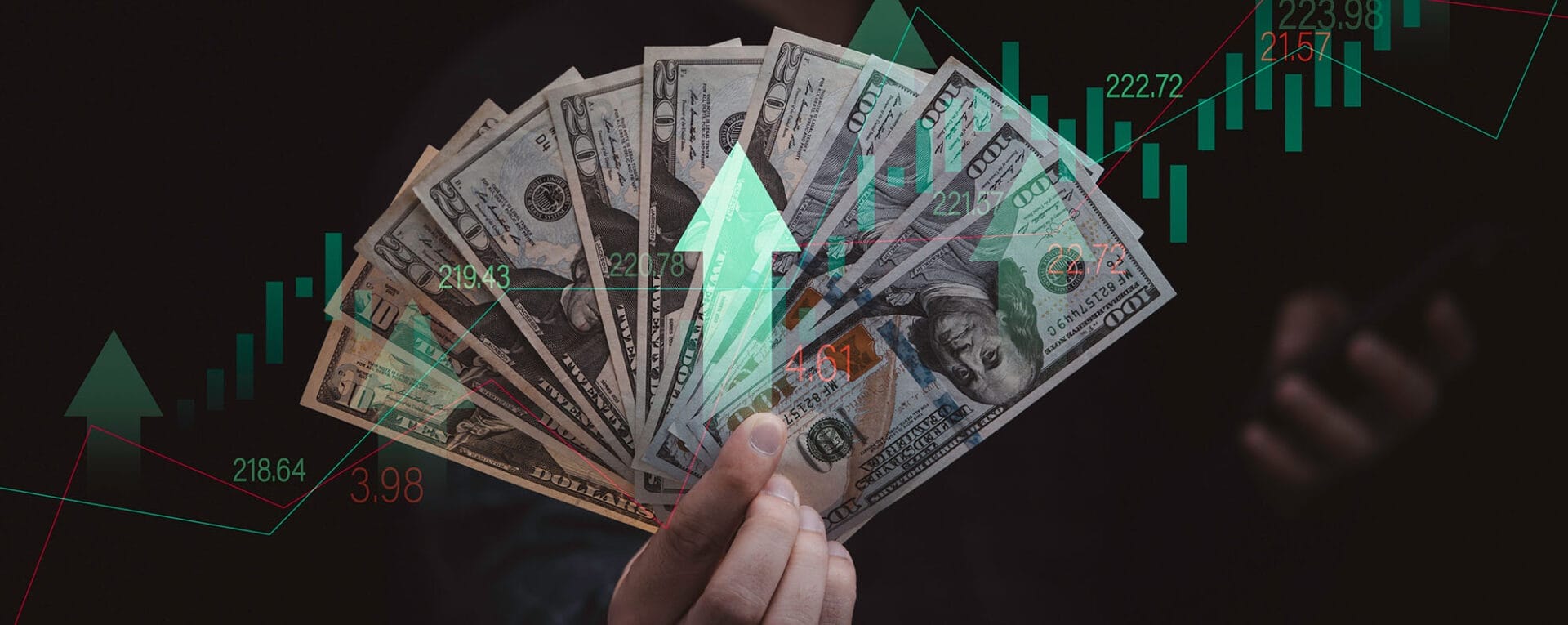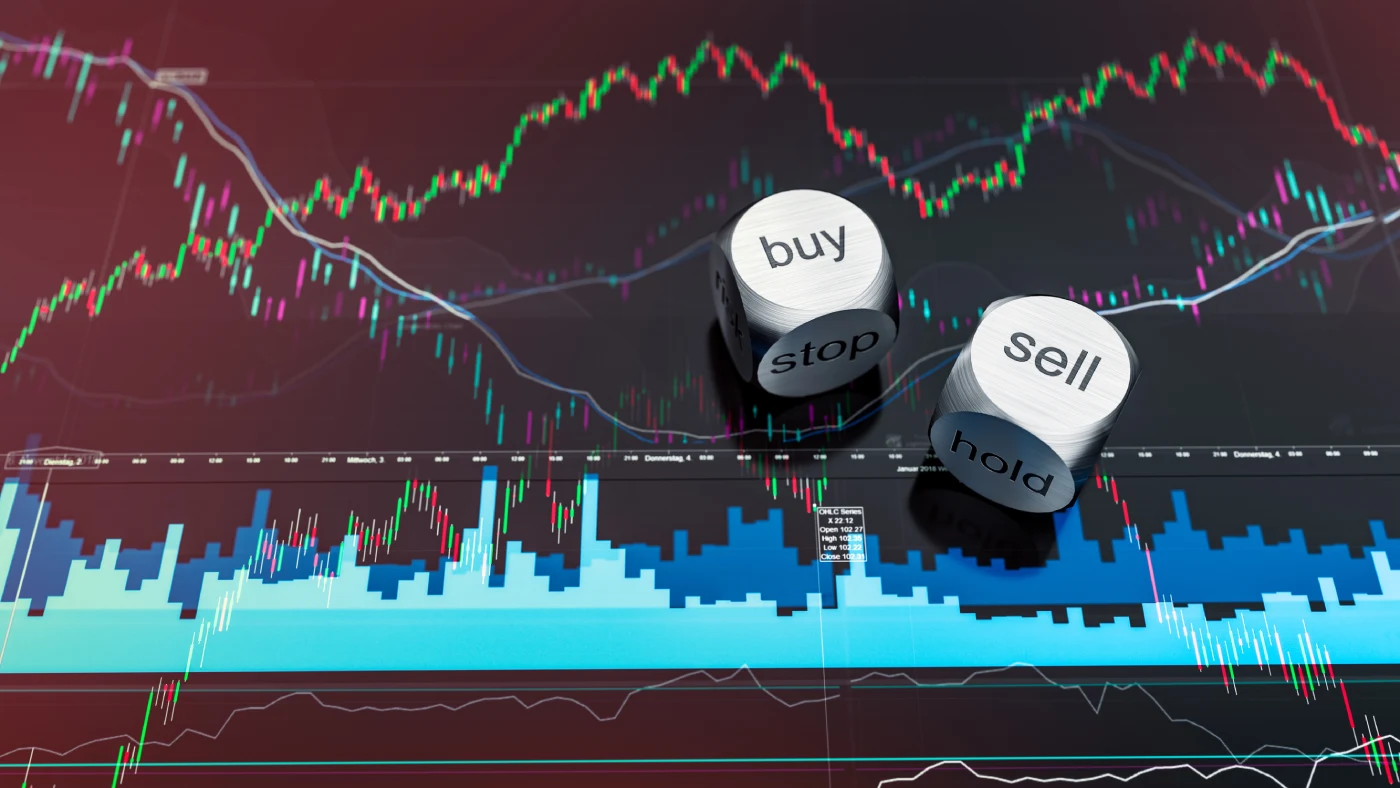
Forex Trading for Beginners: What You Need to Know
MAVEN TRADING OPERATES A SIMULATED TRADING ENVIRONMENT THAT REPLICATES CERTAIN REGULATED FINANCIAL MARKETS BUT DOES NOT INVOLVE TRANSACTIONS IN OR SERVICES CONCERNING REGULATED FINANCIAL INSTRUMENTS.
MAVEN TRADING DOES NOT SUPPLY ANY REGULATED FINANCIAL SERVICES. MAVEN TRADING IS NOT REGULATED OR AUTHORIZED BY ANY FINANCIAL SERVICES REGULATOR IN ANY JURISDICTION.
If you’re new to foreign exchange (Forex) trading, you might be confused about what’s involved. But don’t worry – it’s not as mysterious, or as overly complex, as it may seem. To help you trade with confidence, here’s a rundown on how to start Forex trading for beginners.
What Is Forex?
Forex, or “FX”, is a global marketplace for buying and selling currencies. It’s the world’s largest financial market and it’s open 24/5 (making it appealing for day traders).
The goal of trading currencies is the same as trading any other asset. The idea is to buy an asset and sell it back at a profit. Forex traders are hoping to profit from buying a currency at one price and selling at a higher price.
Common Forex Trading Terminology
If you plan on trading Forex, it’s important to understand some key terms before we move on.
- Ask: The price a Forex trader will pay for a currency pair.
- Bid: This is the price a Forex trader will sell the pair for.
- Currency Pair: Your currency pair is the two currencies that you’re trading at one time. For example, “EUR/USD” means you’re trading Euros against the US Dollar.
- Long Trade: You buy a currency expecting the price to rise so you’ll profit from the buy/sell difference.
- Pip: A pip, put simply, is a change in price value. It usually refers to the fourth decimal place in a currency price.
- Short Trade: You sell a currency, expecting the value to drop, so you can profit from buying back that same currency.
- Spread: The difference between the ask and bid prices.
How Does Forex Trading Work?
Forex trading is about profiting from exchange rate differences. Here’s an overview of how it works.
A Forex trader chooses a currency pair to trade. There are hundreds of pairs to choose from – some are more popular than others. The EUR/USD pair, for example, is one of the most popular.
The left-hand currency in the pair is the “base” currency. The right-hand currency is the “quote” currency.
How much you pay for a pair depends on how much of the quote currency you must spend to buy the base currency. For example, say there’s a EUR/USD currency pair. The price quoted is how many US Dollars you’ll spend to buy one Euro.
You’re buying these pairs based on speculation. You’re anticipating whether one currency will rise or fall in value against the other. This does take some level of skill – the Forex market is volatile.
However, no trades are risk-free. If you learn how to trade Forex, and have a solid risk management strategy, it can be highly profitable!
How to Trade Forex
The basic steps for trading in the foreign exchange market are as follows.
- Learn about how the Forex market moves. Consider which currency pairs work best and which pairs you want to trade in. As a beginner, you might opt for “strong” pairs
- Open a trading account. You can work directly with Forex brokers or a prop firm. Prop firms like Maven Trading offer demo accounts where you can trade Forex using simulated funds. You can keep most of your profits and there’s no financial risk involved!
- Choose your trading strategy. Will you short or long trade? What risk management strategies – such as hedging – will you use to mitigate your losses? Know your strategy before you start trading.
- Monitor the market closely. As a day trader, you’ll close your positions at the end of the day, anyway. But Forex trades require especially close monitoring.
- Review your performance frequently. Otherwise, you won’t know how close your are to meeting your long-term trading goals.

Forex Trading Strategies for Beginners
We’ve covered the basics of how to trade, and Forex trading for beginners. But what about trading strategies?
Some strategies are best suited for more experienced traders who are more familiar with technical analysis. So, here are three strategies you can use as a newer Forex trader.
1. Swing Trading
Swing trading means trying to capitalize on short-term price movements. The goal is to anticipate short-term reversals and buy or sell based on these market movements. It’s the opposite of trend trading, because it’s based on the idea that trends are unreliable.
2. Trend Trading
Trend trading means buying or selling currency pairs based on chart trend patterns. For example, you might sell if there’s a downward trend with lower lows. And you might buy – or take a long position – if you’re seeing a pattern of higher highs.
3. Money Flows
Money flow trading means looking at volume – not just price. You look at the volume of trades on the previous day to decide whether a currency is overbought or oversold. You then take a trading position based on your assessment. For example, if a currency looks oversold, you might decide to buy.
Forex Trading Pitfalls to Avoid
Want to know the best technique for how to learn Forex trading as a beginner? Try it for yourself.
You can learn Forex trading – without risking your own capital – by having a prop firm demo account. But even with a demo account, there are still pitfalls to avoid.
- Don’t let emotions cloud your judgment. Choose your strategy and stick with it. Reactive trading rarely makes a profit.
- Learn about the market before you start trading. Otherwise, you risk losing trades simply because you don’t understand how currencies interact.
- If you hedge Forex, play by the rules. Some forms of hedging are illegal, and all trading platforms have their own rules.
- Avoid unusual or “exotic” currency pairs. They’re especially volatile and best reserved for more experienced traders.
- If you choose to invest your own capital, never invest more than you can afford.
Is Forex Trading Right for You?
Trading in the Forex market can be highly lucrative, but is it right for you? Here are some points to consider.
- Forex trading involves exposure to a volatile market. You need to spend time developing a risk management strategy before trading Forex.
- Global events influence the Forex marketplace. You must have a solid understanding of how currencies interact with each other to trade Forex successfully.
- Forex trading can be stressful given all this volatility. It might not be the right asset to trade for day traders who prefer a slower-paced market.
Are you ready to grow your Forex trading experience? Then choose your account and start your Maven Trading journey today.
We offer simulated funded accounts to promising traders. In exchange for access to our software, we only ask for a small percentage of your simulated profits. You keep the rest.
Choose a plan now or contact our friendly team to learn more about how trading with us works!
PLEASE SEE THE MAVEN TRADING WEBSITE AND OUR CUSTOMER TERMS AND CONDITIONS FOR MORE DETAIL.
Related thoughts and opinions
Stay informed with our informative blog posts.




